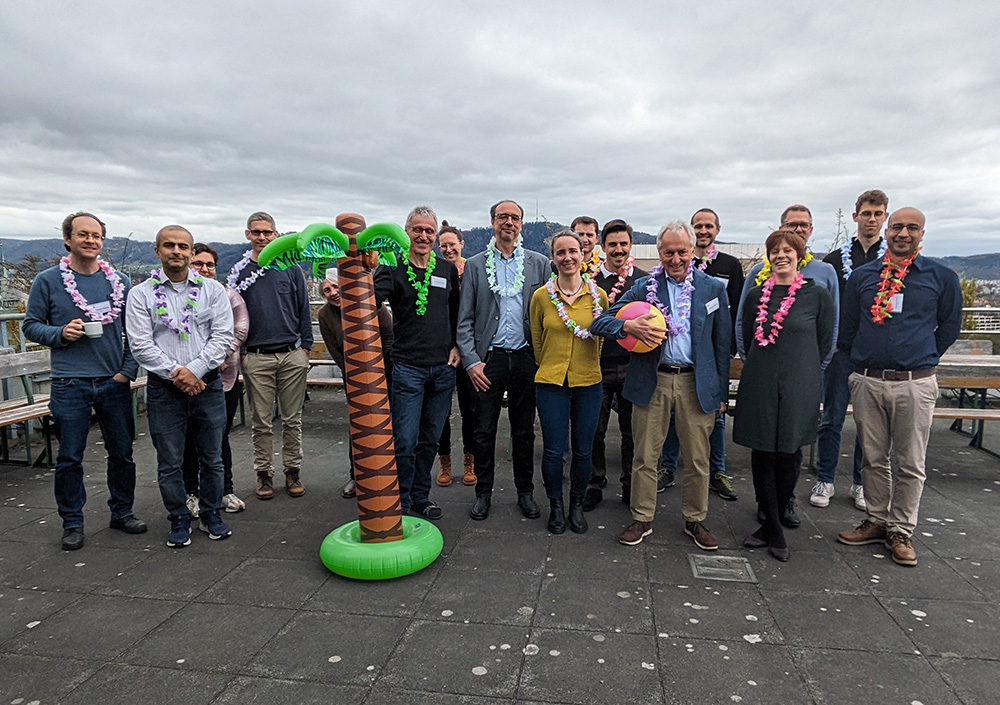2024-04-02
New project to test thermal energy storage in fractured rocks

A new project entitled ‘BEACH: Bedretto Energy Storage and Circulation of Geothermal Energy’ just started with a first meeting of the consortium. It is a pilot and demonstration project funded by the Swiss Federal Office of Energy (SFOE) dedicated to testing, developing, and introducing new technologies from research to the Swiss industrial market.
The project consortium consists of scientists from the BedrettoLab, the Geothermal Energy and Geofluids group at ETH Zurich, researchers from SUPSI, and industry experts from Azienda Elettrica Ticinese (AET) as well as Geo-Energie Suisse (GES).
BEACH will play a key role in tackling the challenges of the Swiss energy transition by demonstrating a new technology for storing and retrieving energy in the subsurface. With the energy grid shifting towards renewable energies such as wind or solar energy, seasonal phases of energy demand surplus demand for an efficient and sustainable solution for energy storage. While thermal energy storage in soft sediments (e.g. in the Netherlands) is well established, storing heat in the hard, fractured rock most common in Switzerland remains largely unexplored. The BEACH project will explore a so-called fractured thermal energy storage in the limited permeability of the crystalline rocks in the BedrettoLab.
For demonstrating the feasibility, warm water (30 - 70 °C) will be injected into existing fractures, where it will be stored and kept warm by the surrounding rock until it will be retrieved again. In a real-world roll-out scenario, the heat could then be converted into energy or used for district heating.
The tests are accompanied by comprehensive real-time-monitoring and numerical simulations for optimizing the geothermal energy system. Ultimately, the technology will be proposed on a cantonal and national level for real-scale sites to be realized by industrial partners as an additional part of the project. A real-scale reservoir in crystalline rock could be established close to infrastructures with high energy excess and/or demand, such as industrial areas, at depths of around 1 to 3 kilometers.
Maren Brehme from ETH Zurich leads the BEACH project awarded with a fund of 2.96 Mio CHF. The community of Bedretto and the canton of Ticino support the project in rolling out the technology on a national level.

